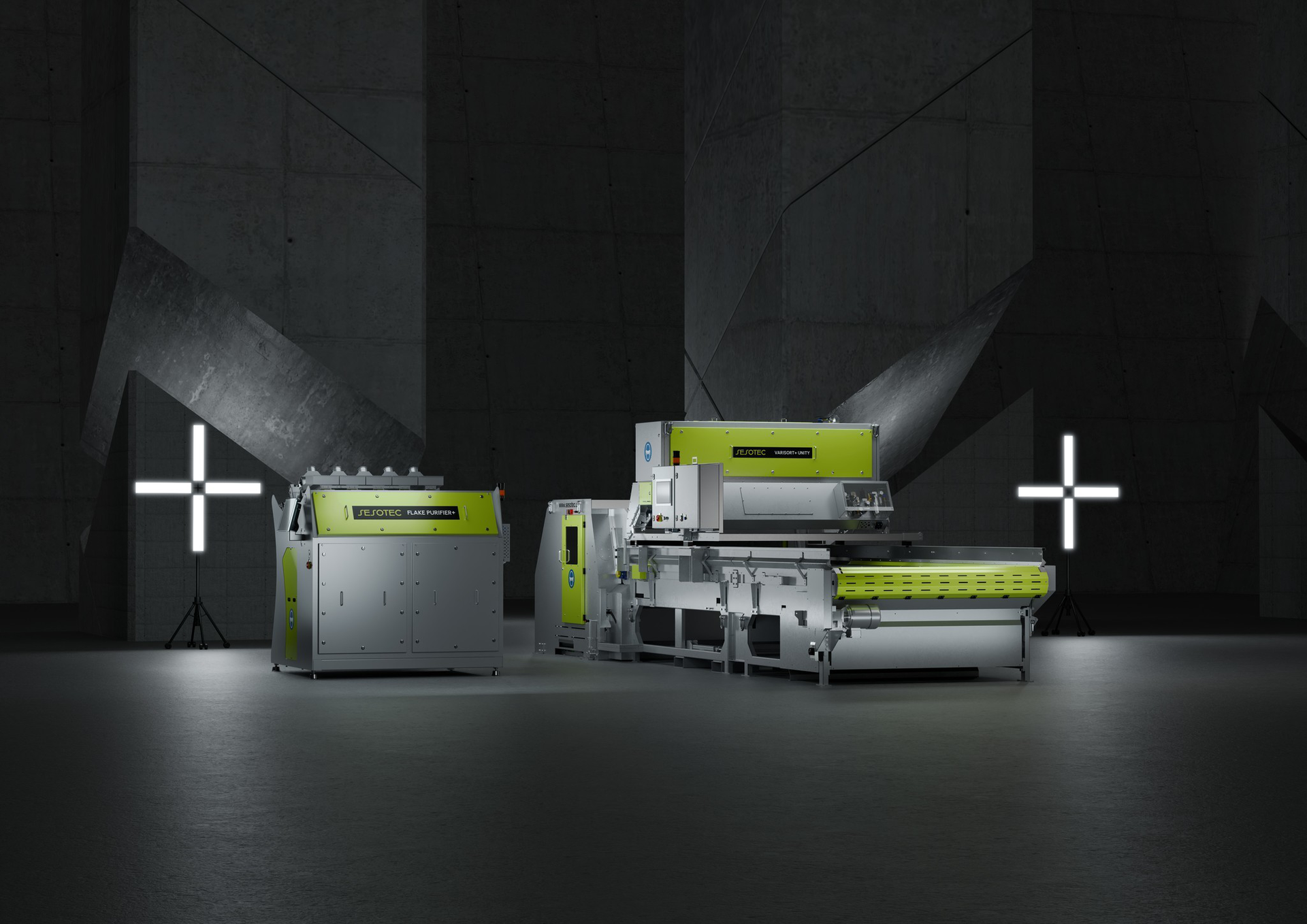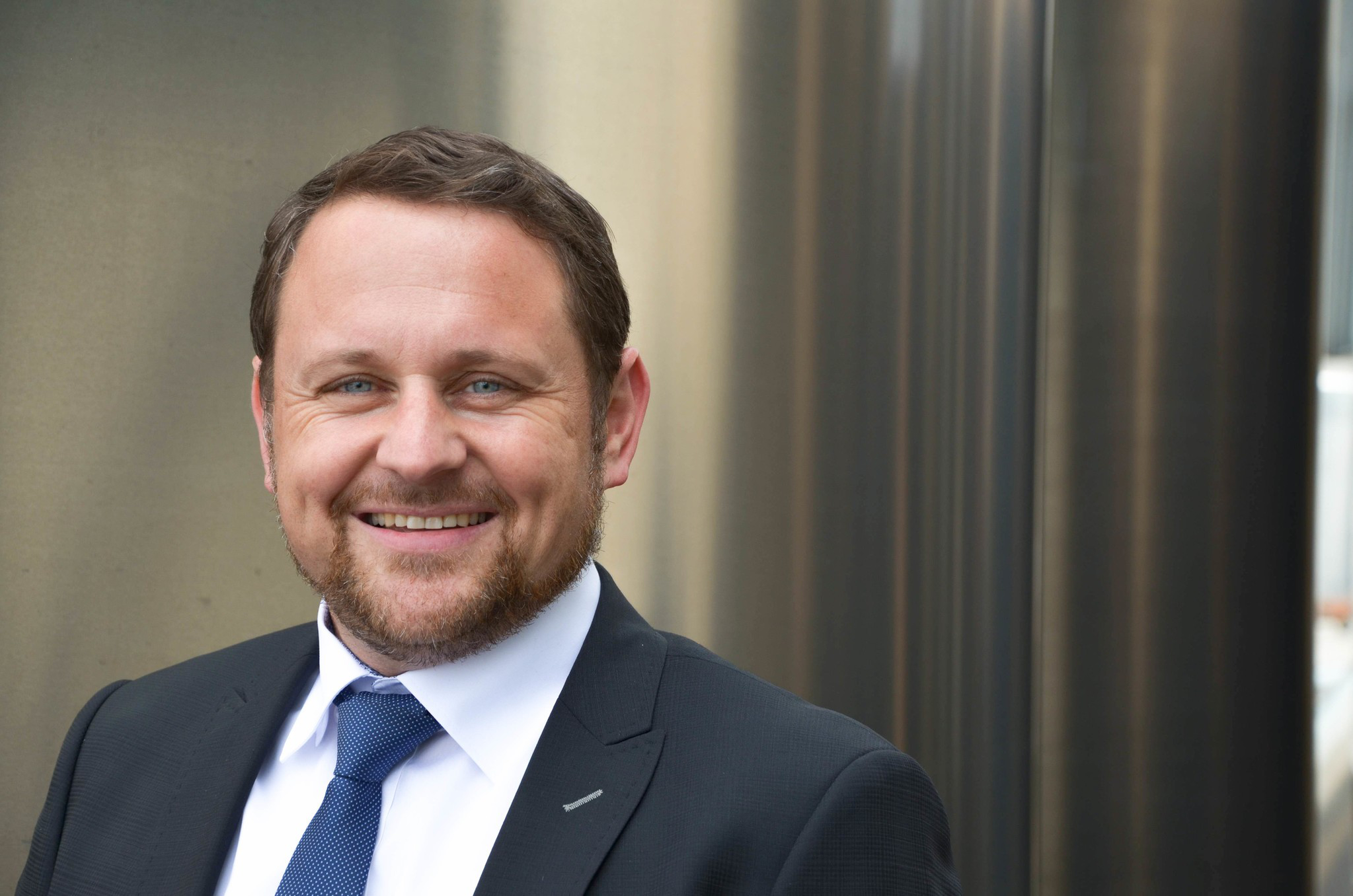The circular economy is the goal – but the journey is filled with challenges
In an engaging Way2K 2025 VDMA industry interview, Dietmar Dieing, Vice President Sales Plast at Sesotec GmbH, explains how Artificial Intelligence (AI) is revolutionizing plastic recycling and why 'Design for Recycling' will become essential in the future.
Planning Certainty Fuels the Circular Economy
"Planning certainty is crucial for a successful circular economy," emphasizes Dieing. Three key factors are essential:
- Reliable material flows
- Standardized recyclate qualities
- Stable legal frameworks
Currently, these foundations are lacking. There's a shortage of transparent data across the entire value chain, such as a "material passport," and binding partnerships between manufacturers, recyclers, and machinery builders. Political incentive systems and detailed standards are also yet to be established.
Design for Recycling is Key
A key driver for successful recycling is Design for Recycling. Many packages today are made from multi-layer composite materials that are difficult to recycle into high-quality products. In contrast, mono-materials can be easily recycled.
“Our goal must be that everything made from this material is 100% recyclable. Without clear guidelines, this won't be achievable,” explains Dieing.
The EU mandates that by 2030, at least 30% post-consumer recycled content must be used in new products. However, as long as the available quality and quantity in the market remain uncertain, meeting these targets will be challenging.

AI is transforming sorting
Artificial intelligence is a game-changer for the recycling industry. Sesotec is already harnessing AI to accurately identify materials and optimize sorting processes. Our sensors and cameras can determine with nearly 100% accuracy whether a product is made of polyethylene, polypropylene, or polystyrene.
In the future, AI will achieve even more:
- Sorting right from the first material stream
- Identification of manufacturers and material components
- Early detection of hazards, such as lithium-ion batteries in shredders
This leads to more efficient and safer recycling processes, ultimately resulting in better material yields and more cost-effective operations.
An Optimistic Look Ahead
Despite economic uncertainties and growing competition from Asia, Dieing is confident:
“European mechanical engineering is innovative and well-positioned. By consistently prioritizing recyclability, we can secure our competitiveness for the long term.”
With the strategic use of AI and Design for Recycling, Sesotec envisions the plastics industry advancing towards a sustainable and economically successful circular economy.
Find the full VDMA industry interview here.
The VDMA is the largest network organization and a vital voice for the mechanical engineering sector in Germany and Europe. The association advocates for the shared economic, technical, and scientific interests of this unique and diverse industry.

